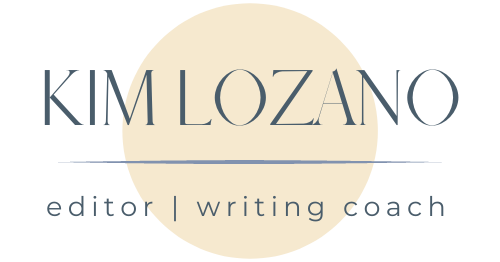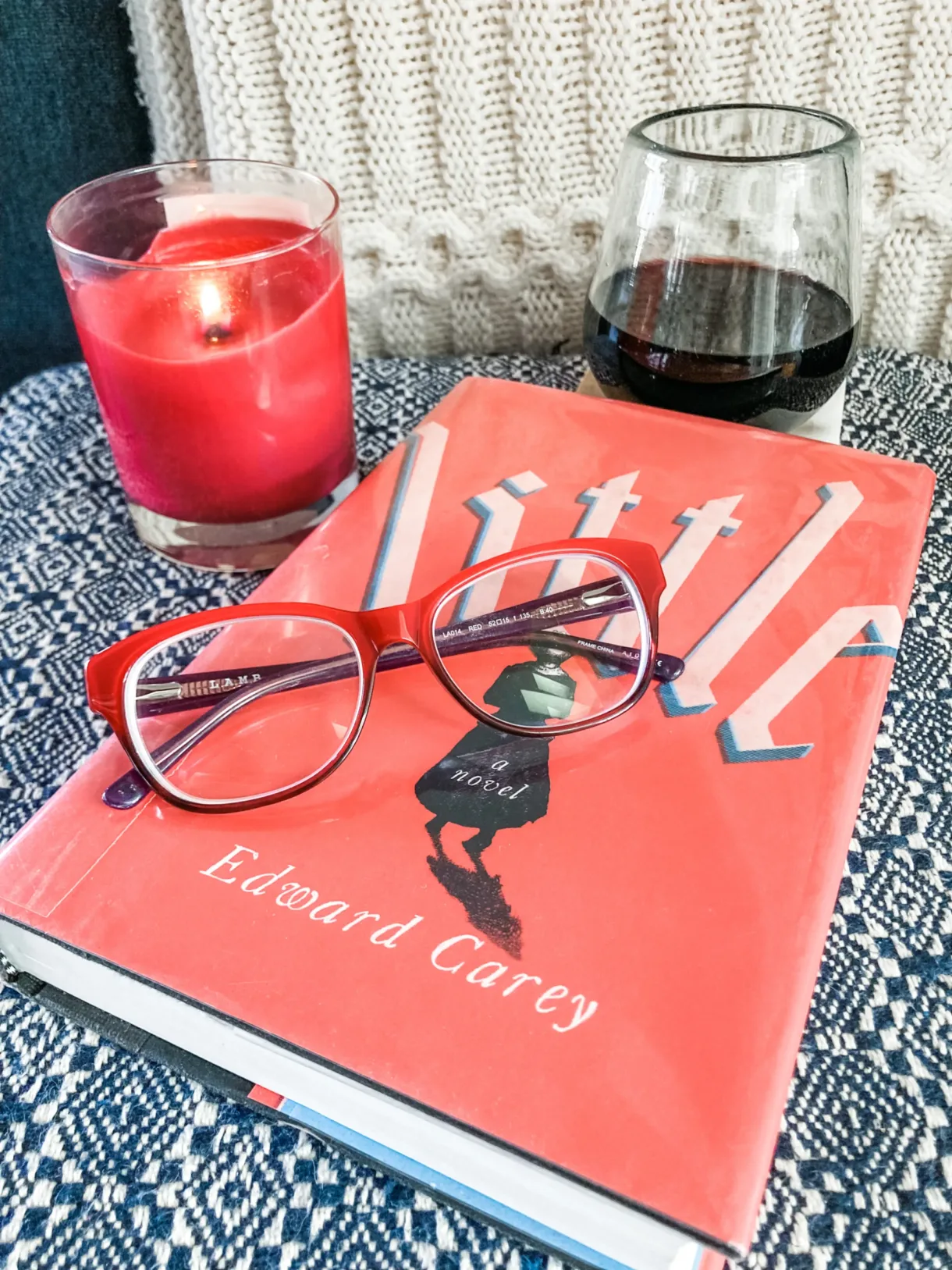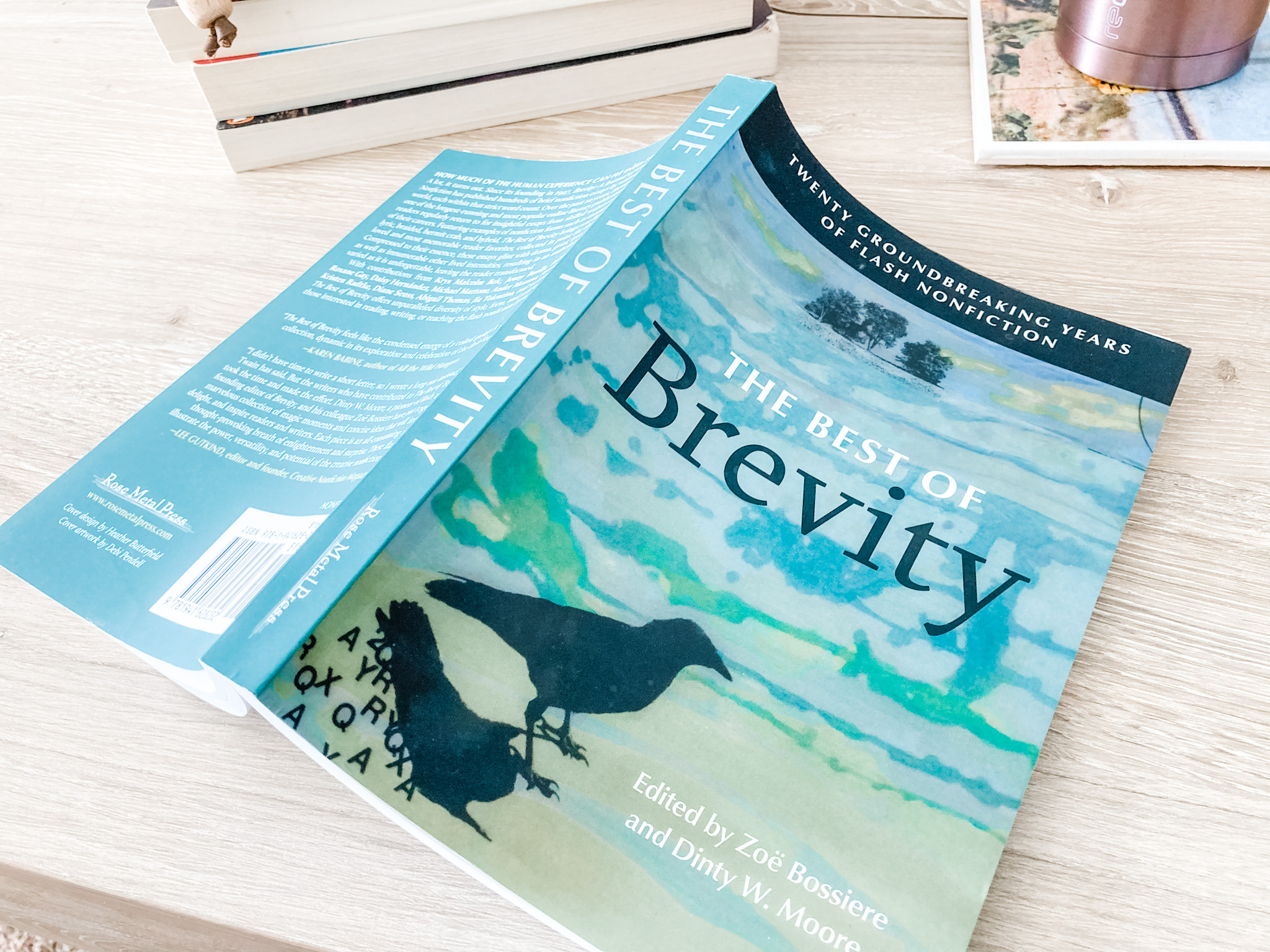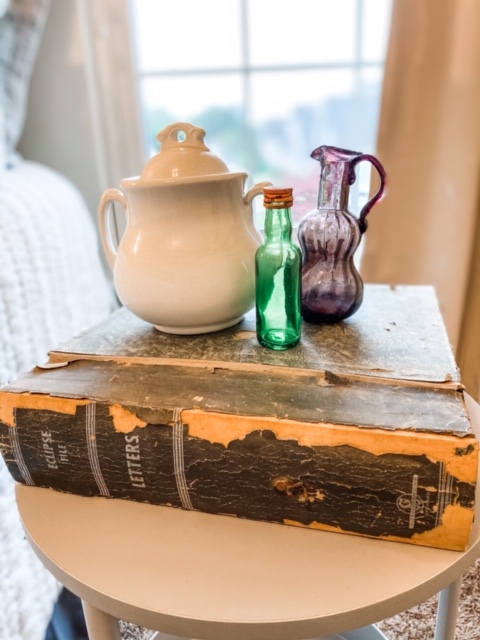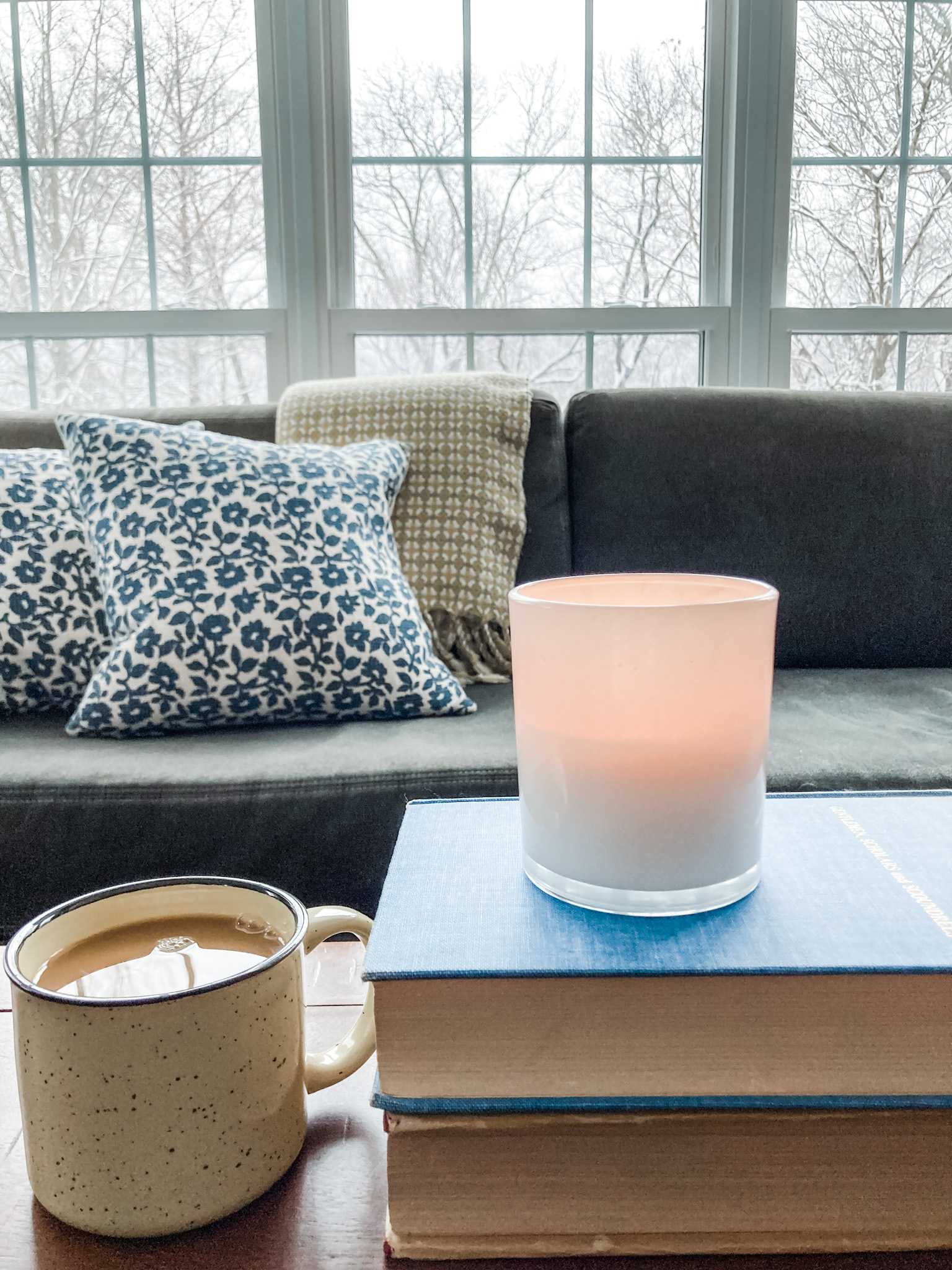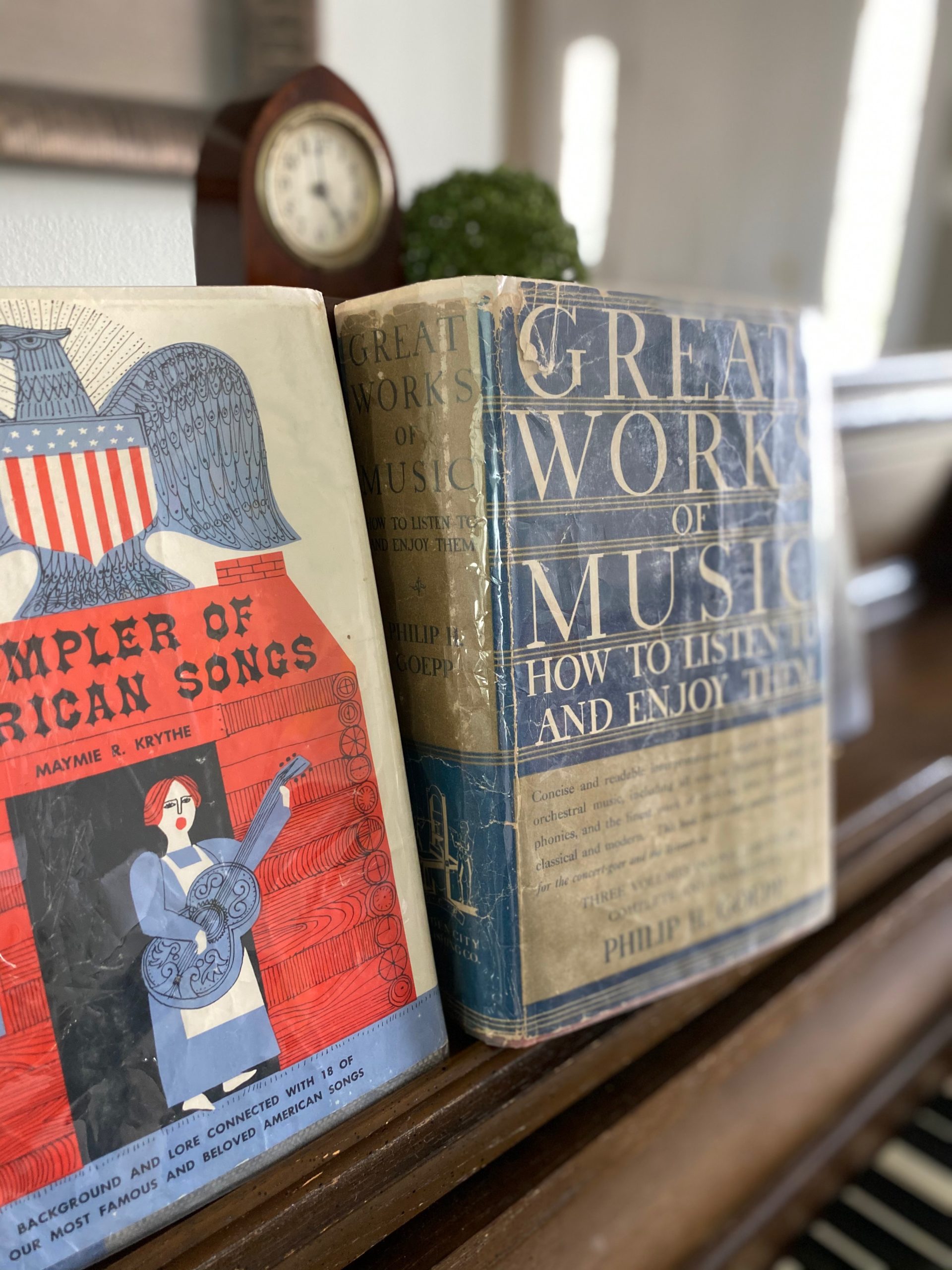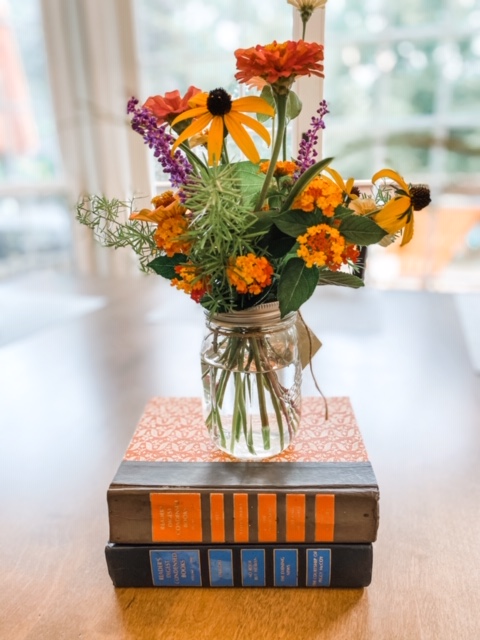When You Need Writing Help: The Cookbook Approach
Here’s what happens to me all the time—I’ll be writing a scene and I need a character to enter the room, or I want two acquaintances to take their seats at a café, or I want to start a new chapter with a strong sense of atmosphere, etc., and I freeze up. I’ll have no idea how to write the bodily movement, or make the transition, or choose what to focus on first.
I know that I have the capacity to sit in writing indecision for as long as it will have me, and it seems to have a limitless capacity to have me. But I’ve worked to develop an intolerance for indecision and confusion, in life and in writing. Sometimes I’ll ask my confused self, “So what would you do if you weren’t confused?” “What would you do if you did know what to do?” It’s a trick, and it often works. I simply force myself to make a choice.
So that’s one strategy, but it’s not the strategy I want to focus on here. You, as a writer, almost certainly have a bookshelf full of books you love. And if you have such a bookshelf, you have everything you need to get yourself out of a jam and get some writing help.
Do you know what I do when I can’t remember how to boil the perfect egg so that it peels easily? Do you think I try over and over again, going through cartons of eggs, boiling cold ones then room-temperature ones, experimenting with cooking times? Of course not. I do a Google search. Or, for the purposes of this article, I pull out my well-worn Betty Crocker cookbook.
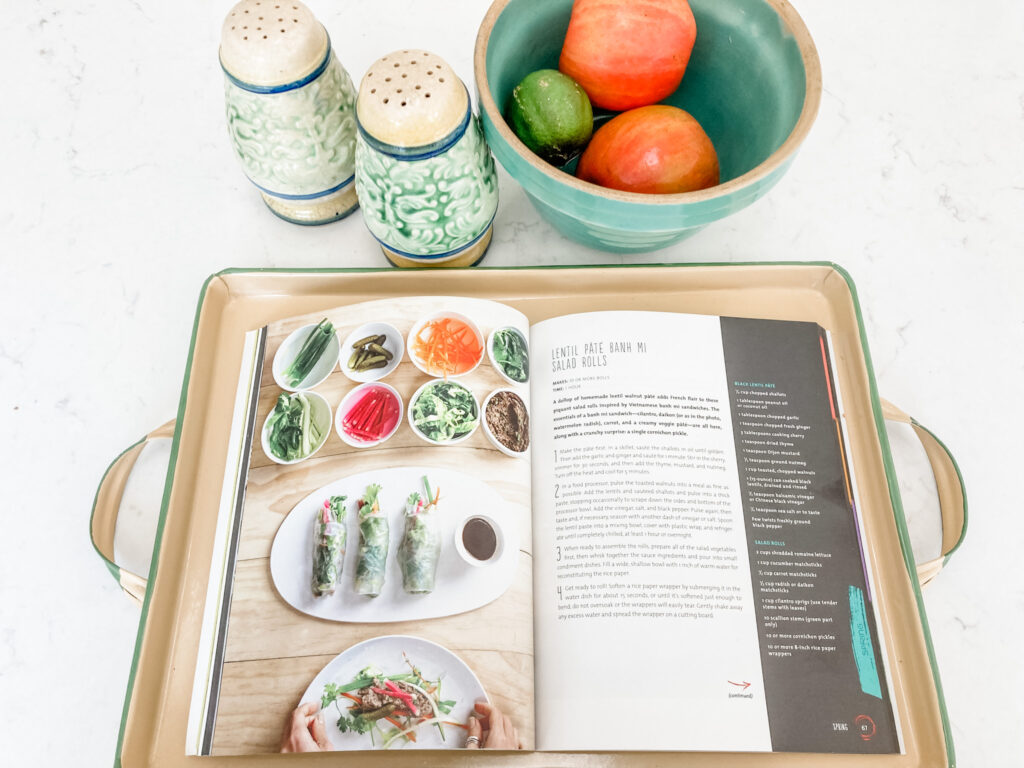
I like to think of my favorite books as cookbooks for writing craft. And when I’m writing, I often turn to them as I would to my shelf of cookbooks in the kitchen. Depending on what I need, I might flip open Ann Patchett’s Bel Canto to a passage of dialogue and look at the pacing, the quantity of lines, the tags, and get an idea for a dialogue exchange in my own scene.
Or I’ll find a place where gesture is used to characterize (gazing fondly at my Elizabeth Strout novels) and I’ll find inspiration for the moment of need in my own story. I’ve got a scene waiting to be written right now that’s set in an old Victorian house at Halloween. I’ll almost certainly get some writing help by flipping open The Little Stranger by Sarah Waters, which I just read, to study how she approaches describing her spooky mansion.
I so adored the writing in Jess Walter’s The Beautiful Ruins that it’s been sitting on the shelf by my desk so I can open it whenever I need its writing craft counsel. And sometimes I’ll just grab a big stack of books, sit down on the floor, and look at every opening paragraph, or every chapter ending, and brainstorm some options for my own piece.
This is not encouragement to copy or plagiarize. This is brainstorming and inspiration. This is you needing to figure out a beginning for your YA book and then you coming across this opening in ZZ Packer’s “Our Lady of Peace”—
The chrome-topped vending machine in the Baltimore Travel Plaza flashed Chips! Chips! Chips! But no one could have known it was broken unless they’d been there for a long time, like Lynnea, having just escaped lackluster Kentucky, waiting for a taxi, watching a pale chain-smoking white girl whose life seemed to be brought to a grinding halt by an inability to obtain Fritos.
—and you thinking hey, maybe I could start with my main character sitting in the arcade where she meets my other main character and I could pull in the lights, and video games, and food, and I could end the paragraph with something kind of humorous,…
Sometimes when I’m reading a book, if I come across a passage or technique that I want to be able to reference later, I’ll write a note about it with the page number on a Post-it and stick it inside the front cover.
We learn to write by reading carefully and by imitation, even if it’s loose imitation. I’m a proponent of getting writing help by reading actual writing craft books and taking writing classes, but really, you don’t have to take a class with a master writer to be an apprentice to one. Just spend some time with their books.
